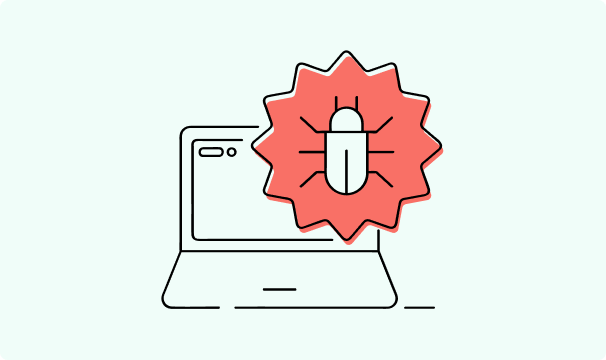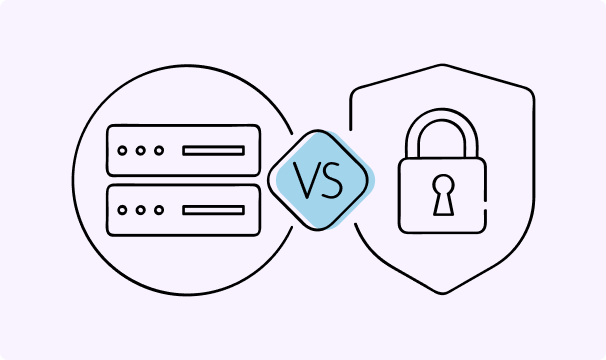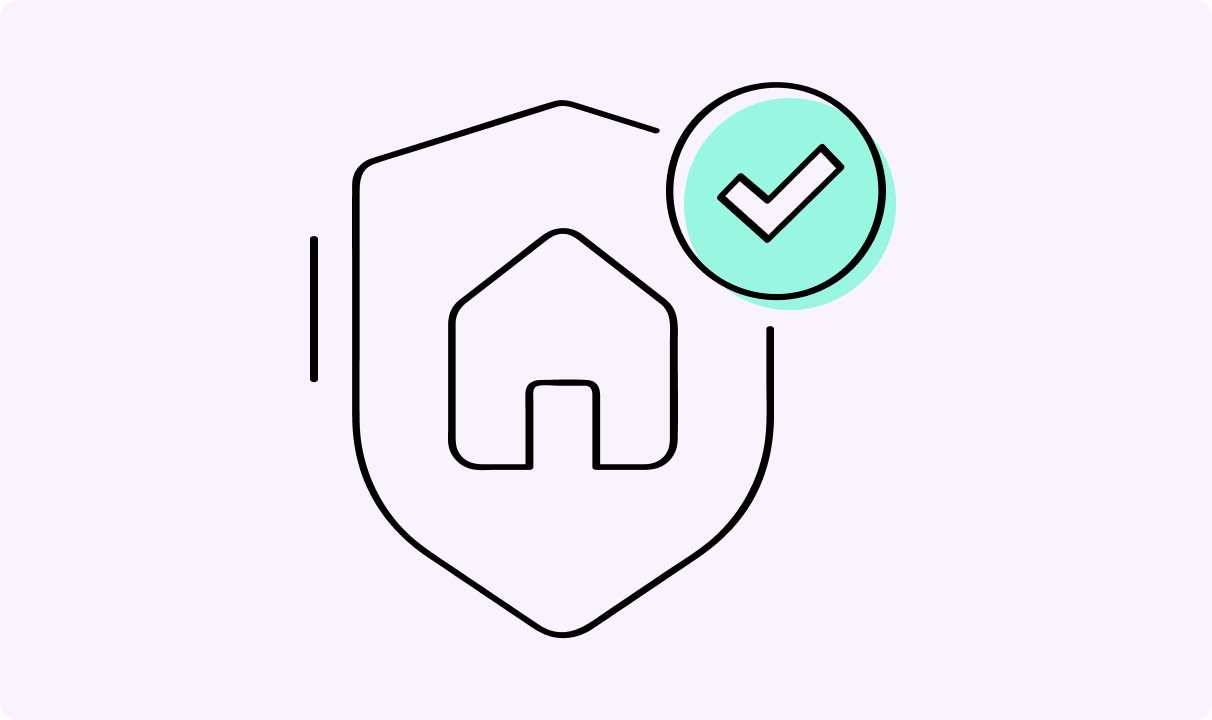
Chief Operating Officer at Growth Bite
Adomas Šulcas
Adomas is a technical writing expert who founded Growth Bite, a digital marketing company, focused on providing high-value SEO and content marketing services to SaaS companies.
37 articles published by this author

5 min read
How to Know If Your Computer Has a Virus and Fix It Fast
Detecting computer viruses early is crucial to your digital safety. They can compromise your personal information, financial data, or lead to costly computer repairs.
In 2023 alone, over 6 billion malware attacks were detected around the globe such as worms, viruses, trojan, and other types of malicious software. In this article you will discover what they are, how to avoid them, and how to fix them if you already have some.

Adomas Šulcas
0 min read
Is TruthFinder Legit or a Scam? Honest 2026 Review
Once in a while, we find ourselves wishing we could reliably know more about someone we have just met. A background check could help make important personal decisions, and that is one of the things that TruthFinder says it can help us with.

Adomas Šulcas

5 min read
How to Watch Live Sports on Hulu (Step-by-Step Guide)
Key takeaways:

Adomas Šulcas

6 min read
Proxy vs VPN: Which is Better for Privacy and Security?
Both proxy servers and a Virtual Private Network (VPNs) protect user identities and help access online content securely. These tools can help surf the web anonymously and are otherwise highly similar, so people tend to mix them.
Yet, a proxy and a VPN are not the same and each of these tools can help with different tasks. To help you identify the best solution for your specific needs, here you’ll find the definitions of a proxy and a VPN.
Moreover, here you’ll also find a proxy vs VPN comparison and learn about each of their pros and cons. Considering these tools’ speed, security, privacy, and price will help you understand which tool to choose for your case.
By the end of this guide, you will have a clear understanding of what proxies and VPNs are, how they work, and differ, and which tool to use in different situations. Let’s dive in!

Adomas Šulcas

7 min read
What Is a Dedicated Residential IP and Why Use One?
Key takeaways:
There are many ways to get a unique IP address. Some originate from home devices in residential areas, others are associated with servers in data centers, or mobile devices connected to cellular towers. Yet, this only scratches the surface of the many IP types possible with your VPN service.
A shared or dedicated IP address is one of the choices you'll need to make. It's an important one, since a dedicated IP VPN server promises better privacy, fewer blocks, and improved performance, although it’s usually sold as a separate service. Stricter web control drives many users to choose fixed IP addresses for their tasks, even if the price is higher.

Adomas Šulcas
4 min read
How to Change Location on Spotify in 2026: Step-by-Step
Key takeaways:

Adomas Šulcas